The troubled process of creating a Roma elite has been accompanied by a no less important change in political attitude. While the Klausgovernments in the early 1990s proclaimed that the Roma, like everybody else, now had to help themselves (many Roma interpreted this as a disguised attempt to force them back to Slovakia), later governments have realized that the Roma never will succeed in dragging themselves out of the backwater if they don’t get practical assistance.
Yet this process will certainly take several decades, and setbacks are bound to occur. Some critics, many of them foreigners, even claim that Czech authorities could have been far more persistent in helping their Roma. They are probably right, but, on the other hand, is there any country at all that can serve as an integration model for Europe’s seven million Roma?
If there is one nation that can surprise most Czechs only in a positive way, then it’s the Russians. And honestly, their shabby image is very understandable.
For more than 40 years, Czechoslovakia was practically ruled (or rather misruled) from Moscow. When the Prague Spring, in 1968, was crushed by Soviet tanks, thousands of Czechs fled the country (see: Emigration), while those who stayed had to put up with Soviet soldiers all around the country and official propaganda praising everything Russian. Only masochists — or communists — could find anything positive about the giant to the east (see: Ice Hockey).
Yet the Czechs have not always despised and feared the Russians. On the contrary, when the national revival (see: Czech Language) blazed up during the second half of the nineteenth century and the question of Czech emancipation from the Austriansbecame a political issue, many leading intellectuals turned to their big Slavonic relative for support and comfort.
One of the most notorious pilgrimages to Russia took place in 1867. Only months before Emperor Franz Josefwas to be crowned Hungarianking in Budapest’s St. Stephen’s Cathedral, two leading Czech nationalists, František Palacký and František Rieger, went to St. Petersburg to meet Czar Alexandr II, who greeted the Czechs as “brothers from a nation of brothers”, thereby demonstrating that mighty Russia did not approve either that the Hungarians were given a more privileged position in the Danube Empire than its Slavonic citizens.
Karel Kramář, a prominent politician who alongside Tomáš G. Masarykplayed a key role in the struggle for Czechoslovak independence, went even further. Convinced that the Slavonic worldshould unite, he dreamt of turning Bohemiaand Moraviainto a monarchy ruled by a member of the Russian Romanov dynasty. Luckily, Kramář’s visions were not fulfilled (instead, he and his Russian wife built the beautiful villa on Prague’s Letná Plain that is now the Czech Premiers’ residence). The Czechoslovak republic that emerged in 1918 led an overtly Western oriented policy, and was among the last European states to recognize the Soviet Union.
Masaryk’s First Republic, however, didn’t hide its strong sympathy for the Russians who opposed Lenin’s Bolshevik dictatorship. In 1920, Czechoslovakia invited some 10,000 Russians loyal to the dethroned Czar to settle in the country, but in short time almost 40,000 “white Russians” arrived. Many of them belonged to Russia’s former elite, be it as members of the banished nobility, high-ranking officers or scientists and intellectuals.
Thus, interwar Czechoslovakia soon became a centre for the White Russian diaspora. This was especially visible in Prague, where most of the Russians settled. Renowned academics, such as Roman Jakobson and Nikolay Trubetzkoi, made the Prague Linguistic Circle famous internationally, while Nikodim Kondakov established one of the world’s leading scientific institutes of Byzantine arts. Russian lyceums, schools, housing complexes, churches, cemeteries and even a military academy popped up in many places around Bohemia and Moravia.
And most Czechs didn’t seem to mind. On the contrary, thanks to their relatively high educational standards, linguistic adaptability and outspoken loyalty to the Czechoslovak state, the Russian minority was commonly treated with respect.
This smooth co-habitation lasted for only 20 years. The Munich Agreementin 1938 and Nazi Germany’s subsequent occupation of Bohemia and Moravia represented a direct threat to the Russian emigrants (although thoroughly anti communist, they were, after all, Russian patriots). Some of them managed to flee to the West or hide themselves in the countryside, but many others were sent to Germanconcentration camps.
Unfortunately, the Russians’ bad luck didn’t end here. Immediately after the liberation of Czechoslovakia, Stalin’s Red Army started to silently round up White Russian emigrants who had survived the war. In 1946, 12,000 Russians (many of whom by now had become Czechoslovak citizens) were transported to the Soviet Union without a single word of protest from the Prague government. Back “home”, the emigrants were without exception imprisoned in gulags. Less then 4,000 of them ever saw Czechoslovakia again.
As relatives of the abducted emigrants’ recently told Týden magazine, this horrible injustice didn’t arouse any popular upheaval. After France and Great Britain’s treason in Munich in 1938, which paved the way for six years of brutal Nazi occupation, the mood in post-war Czechoslovakia was, not surprisingly, strongly pro-Soviet. Stalin had not stabbed Czechoslovakia in the back. On the contrary, his victorious Red Army’s soldiers had liberated the country from its occupants (later it appeared that they also had raped quite of lot of women). As a result, even non-communist Czechs were convinced that Soviet Russia was the only nation they could really trust.
It’s fair to say that a majority of post-war Czechs tolerated the strong fixation on Soviet Russia as long as it didn’t affect the economy (as it started to do in the 1960s). Symptomatically, most people didn’t react to the Russians’ violent invasion in Hungary in 1956 (see: Communism), but this changed dramatically when the Czechs themselves, in 1968, were treated with the bitter medicine that the Hungarians had tasted twelve years earlier.
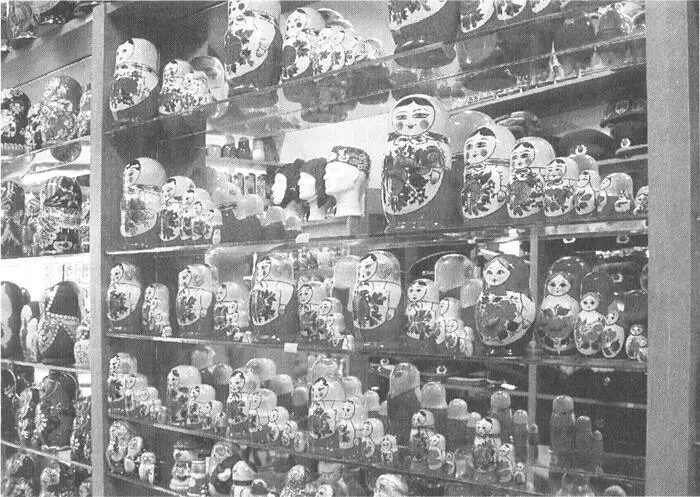
Photo © Terje B. Englund
Contrary to the Hungarians, the Czechs didn’t put up an armed fight against the invading Russians, but the resistance was still heroic. Almost 30 protesting civilians were shot dead by the invaders (many of whom apparently believed they were curbing an American-supported revolution), over 70 others were killed in accidents caused by the invaders, and thousands of civilians were wounded, some severely. The Czechs’ peaceful attempt to create “socialism with a human face” was crushed by blunt and brutal force. Jan Palach’sself-sacrifice was an extreme reaction, but his immense despair was shared by millions of Czechs.
The invasion in 1968 and the following deployment of a 75,000-strong occupation force in Czechoslovakia ruined the Russians’ image for generations. As so often before, the majority of the Czechs didn’t express their deeply felt revulsion for the rulers openly (see: Communication; National Identity). Neither did they stop reading Chekhov or listening to Tchaikovsky. Instead, they poked fun of and ridiculed the Russians in private, just as Švejkin the past had ridiculed the Austrians.
Most of the jokes were based on one comical fact: while the official propaganda portrayed the Soviet Union as a frontrunner in almost every thinkable area of human activity, the Czechs knew perfectly well that the Eastern Empire, stripped for its nuclear arms, was in reality hopelessly backwards. As one common joke went: We’ll follow the Soviet Union to eternity, but not a second more!
Читать дальше
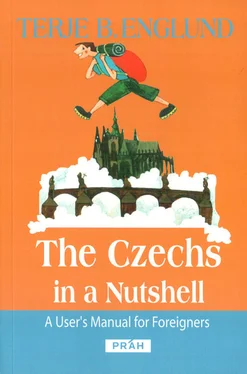


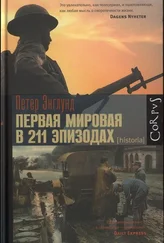

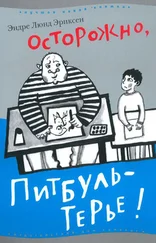
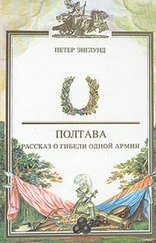


![Theresa Cheung - The Dream Dictionary from A to Z [Revised edition] - The Ultimate A–Z to Interpret the Secrets of Your Dreams](/books/692092/theresa-cheung-the-dream-dictionary-from-a-to-z-r-thumb.webp)



